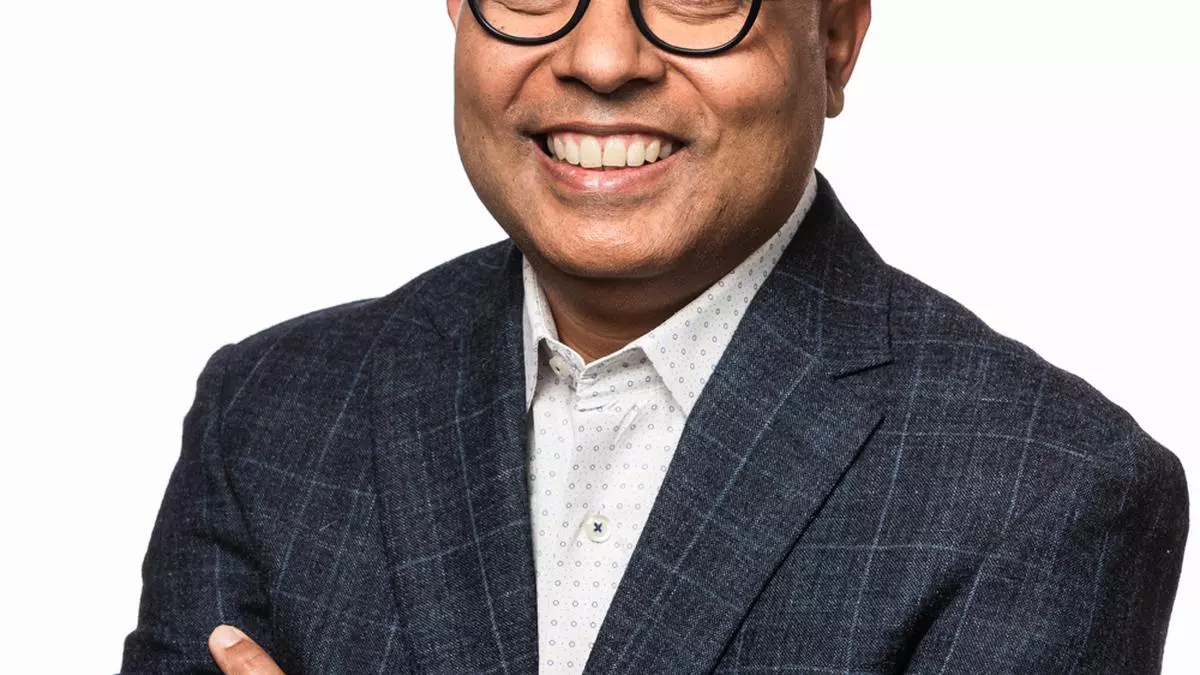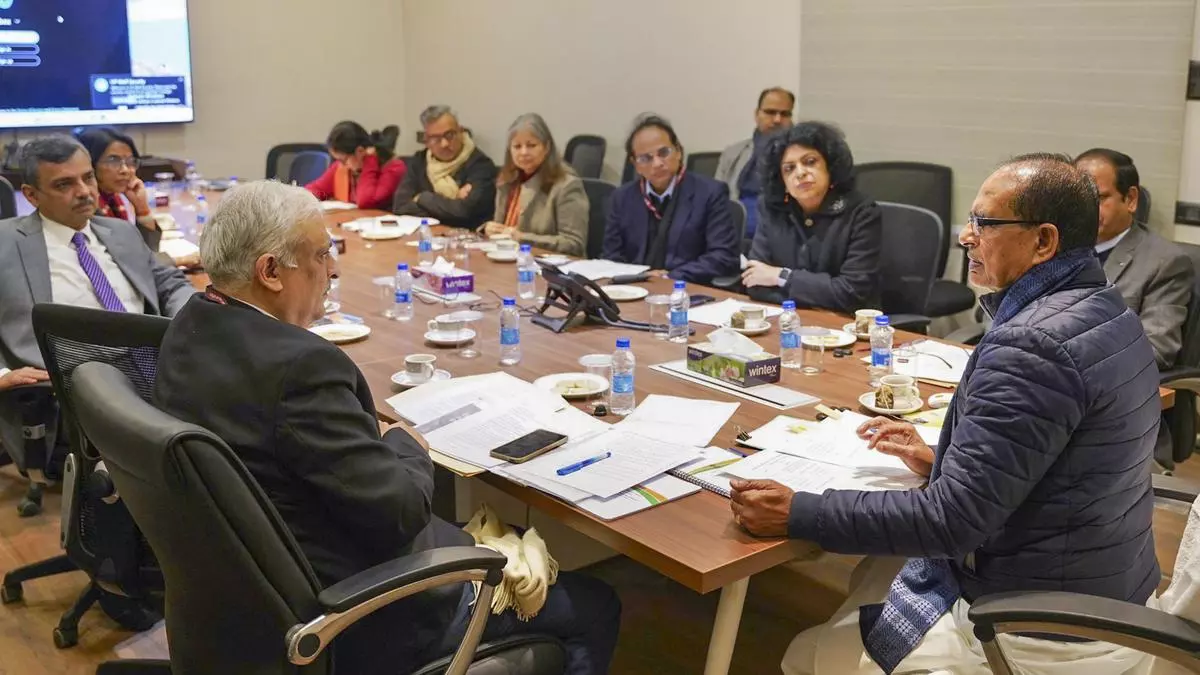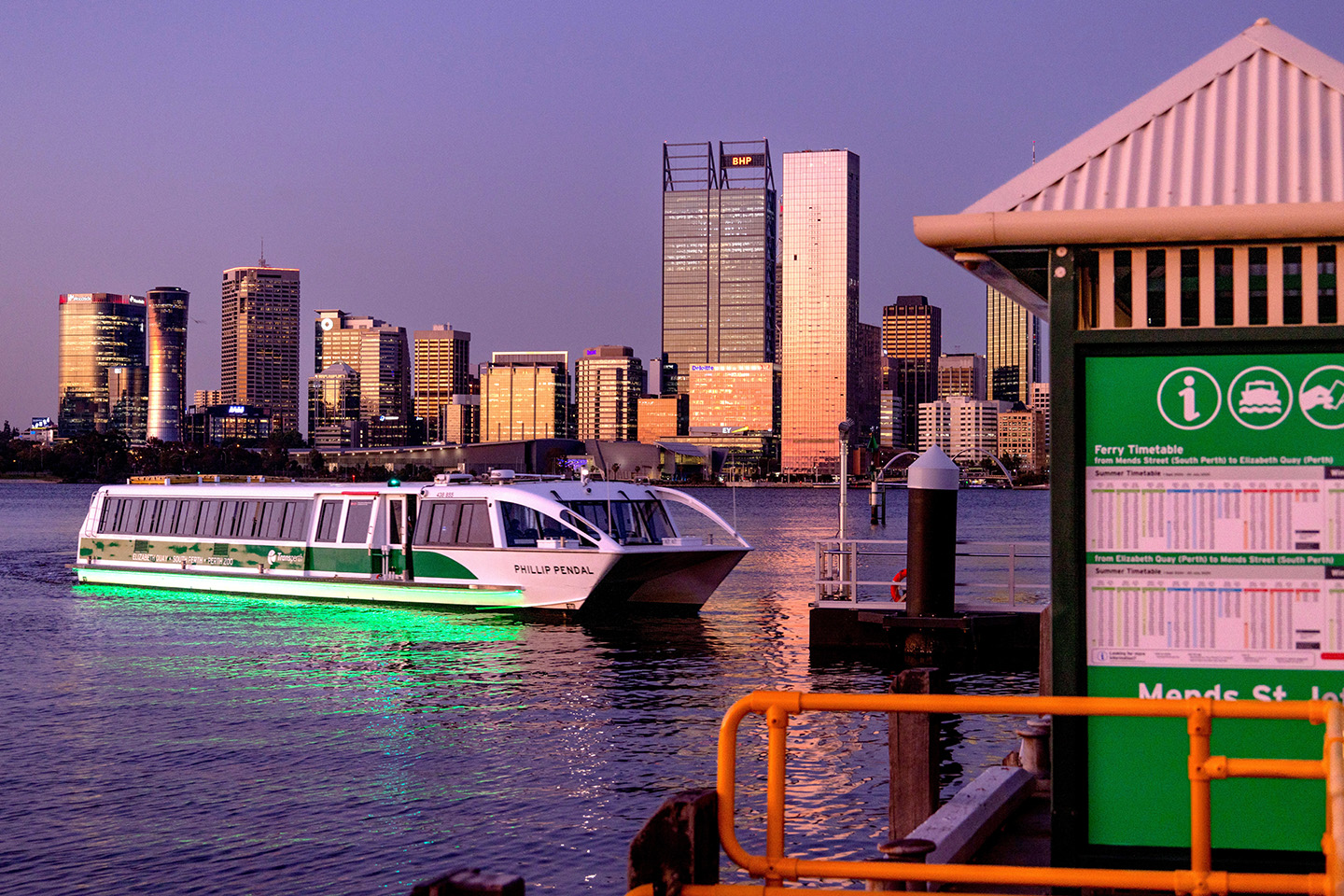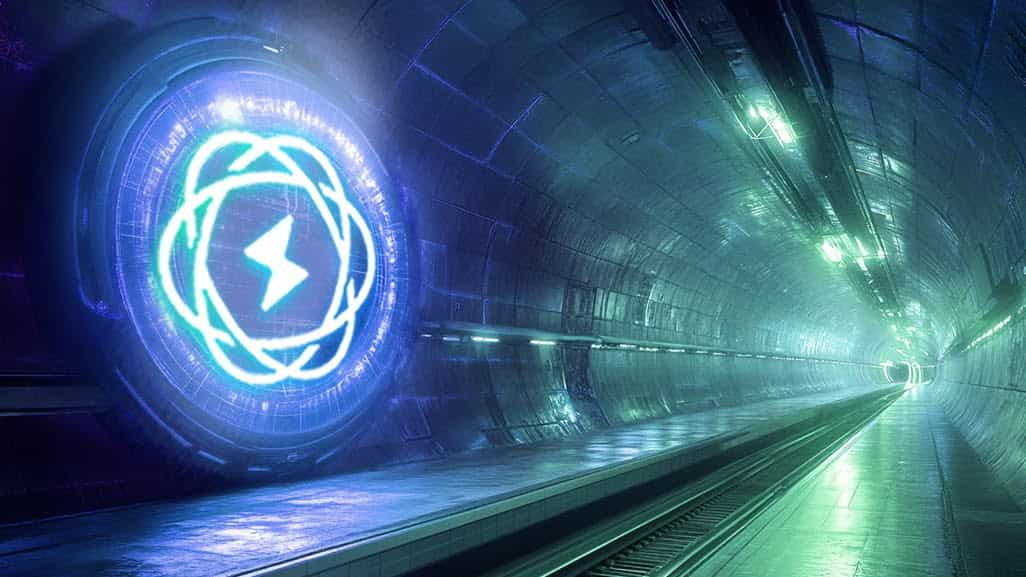President Emmanuel Macron has selected longtime ally François Bayrou as prime minister in a bid to stabilise the political turmoil in France that has bogged down his second term.
The 73-year-old centrist’s appointment came after a tense, nearly two-hour meeting at the Élysée Palace, which sparked speculation that Macron had reconsidered other names at the last minute.
It followed a year of political instability in which Macron has now named three prime ministers — a crisis that deepened when the president called and lost early elections in July that left no party or alliance with a majority in the National Assembly.
Bayrou faces the task of building a government with sufficient cross-party support to survive a confidence vote, pass a budget and reassure financial markets and businesses rattled by the recent instability.
The scale of that task was underlined late on Friday night when Moody’s cut France’s credit rating from Aa2 to Aa3.
The rating agency said the move “reflects our view that the country’s public finances will be substantially weakened over the coming years”.
“In a highly politically fragmented environment, there is now very low probability that the next government will sustainably reduce the size of fiscal deficits beyond next year,” Moody’s said.
The political crisis has undermined Macron on the international stage, just as neighbouring Germany is gearing up for early elections in February. With US president-elect Donald Trump due to take office next month, both leading EU powers are weakened by uncertainty.
“Everyone knows the difficulty of the task and everyone also knows that there is a path forward to be found that unites people instead of dividing them . . . There is a long road ahead,” Bayrou said on Friday afternoon shortly after his appointment.
Bayrou’s predecessor, Michel Barnier, the EU’s former Brexit negotiator, was toppled last week in a no-confidence vote in the National Assembly after just under three months in office. Barnier’s government was voted down over a deficit-cutting budget for next year, a hurdle that Bayrou will now have to surmount despite having no parliamentary majority.
A three-time presidential candidate himself, the new prime minister combines a market-oriented view of the economy with support for social justice measures such as taxing the wealthy.
He has also called for proportional voting to boost the culture of compromise in parliament and more power to be devolved from Paris to the rest of the country.
But his appointment was immediately met with criticism from Macron’s opponents, including from the far-right Rassemblement National (RN) of arch Macron opponent Marine Le Pen, which was instrumental in bringing down Barnier.
“Macron is a president in a bunker, and his new prime minister must take into account the new political situation,” said Jordan Bardella, RN party chief. “He must accept that he does not have democratic legitimacy or a majority in the assembly, so must dialogue with all parties,” he added.
The moderate left, whose support is crucial to neutralising the RN, also made clear its dissatisfaction with Bayrou’s appointment.
Chloé Ridel, a Socialist party spokesperson, slammed Macron for picking an ally rather than a candidate from the left, which came first in July’s parliamentary elections.
“If Bayrou wants our support, he will have to take steps to take on parts of our agenda, such as on pensions or salaries,” she said.
A person close to Macron defended the choice, saying that Bayrou had “emerged in recent days as the most consensual figure . . . and [the one] best suited to form the government of national unity called for by the president”.
The person added: “His mission will be to engage in dialogue with all political parties . . . to establish the conditions for stability and effective action.”
The uncertainty now afflicting French politics contrasts not just with Macron’s first term, when he had a commanding majority, but with much of the history of the 66-year-old Fifth Republic, during which most governments have proved relatively stable.
Investments and growth have slowed and unemployment has ticked up during the political crisis.
France is under pressure to narrow its deficit, which will stand at 6 per cent of national output by the end of the year — far above the EU limit of 3 per cent of GDP.
Macron has sought to prepare the ground for the new government with a non-aggression pact with opposition party chiefs — excluding the far right and far left.
To cut out the RN, he and Bayrou will need to reach an agreement with the Socialists, who hold 66 seats, and perhaps the Greens with 38 and the Communists with 17, while not losing the rightwing.
Fabien Roussel, the communist party head, said the nomination of a loyalist as prime minister sent “a bad signal that is not what the public wants”, adding: “They want a change of political direction, and there is little chance of that now.”
However, in a more conciliatory tone, he added: “We will not censure this new government automatically, and will judge based on his actions.”
Much will depend on how substantially Bayrou deviates from Macron’s pro-business policies and tax cuts to chart his own course.
His support was key to Macron first getting elected in 2017 and his MoDem party supports the president. But legal difficulties forced him to step aside as Macron’s first justice minister after only one month in office.
Bayrou and his party were accused of embezzling EU funds by using Brussels staffers for national political activities. He was acquitted this year, but prosecutors have appealed, raising the possibility of a retrial.
If another prime minister were to fall, pressure would intensify on Macron, whose presidential term still has two-and-a-half years left to run, to resign to break the political impasse.
The president has insisted he will not step down, since he wants to push through more reforms and protect previous changes such as raising the retirement age and efforts to make France more attractive to investors.
In a survey by pollster Elabe this week, only 6 per cent of respondents said they wanted a prime minister from Macron’s centrist camp, compared with 41 per cent who preferred a non-political choice.
But a large majority of respondents — 76 per cent — said they wanted parties to find compromises to end instability, in a sign that it may be risky for the opposition to topple another government.
Macron’s popularity has fallen to a record low since his election in 2017, with just 21 per cent of people having confidence that he can tackle France’s problems, according to a separate Elabe poll on Thursday.
Among potential prime minister candidates, Bayrou got the backing of only 29 per cent of respondents in the same poll.
Data visualisation by Janina Conboye









Leave a Comment